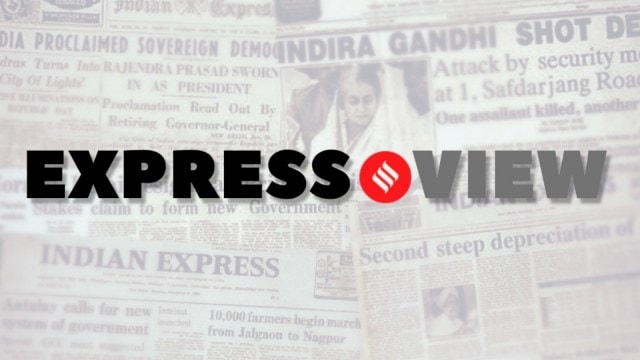
It is clear that the African National Congress (ANC) is no longer an “umbrella party” and the dominant political force in South Africa. For the first time since 1994 — when the country had its first mixed-race election after the abolition of apartheid — the ANC has not won a majority of the vote in a general election. Led by President Cyril Ramaphosa, the party associated across the world with Nelson Mandela and the anti-apartheid struggle has secured just over 40 per cent of the vote. For those who recall the legacy of Mandela and the ANC with respect and admiration, the result might seem incongruous. However, the dispersal of the mandate may reflect in South Africa a deepening of democracy.
Much like the Indian National Congress in the initial years after Independence, the ANC has enjoyed the political capital it earned through its struggle against white minority rule. That halo, however, has been steadily eroding. For one, the ANC’s top leadership has been mired in corruption charges. Jacob Zuma, president from 2009-2018, was accused of giving preferential treatment and access to resources to businessmen close to him. Ramaphosa — part of the team that negotiated an end to apartheid — was nearly impeached over a theft from his private ranch. Two, South Africa — once a regional economic powerhouse — has a poverty rate of 55 per cent (according to the World Bank), deep inequality and an unemployment rate of 33 per cent. Third, and perhaps most important, for young South Africans, apartheid and the struggle for political equality is not a lived experience. The crisis of living conditions and unfulfilled aspirations are more pressing concerns, which the ANC has failed in large part to address.
Given South Africa’s proportional representation system, the ANC will need an alliance with one or more parties to elect the next president. The Democratic Alliance (DA) has almost 22 per cent of the vote, followed by Jacob Zuma’s breakaway uMkhonto we Sizwe party, with 15 per cent, and the Marxist-Leninist Economic Freedom Fighters, with around 9 per cent. The business-friendly DA might well be the best choice, but how negotiations play out remains to be seen. While coalitions are often less stable than one-party governments, they can also be more representative. In India, too, the era of Congress dominance began to erode after roughly three decades. And like in South Africa today, the setting in of disillusion and assertions of identity chipped away at one-party dominance. In the long run, few would argue that the dispersal of power harmed the country. Hopefully, South Africa’s new government will be responsive to its mandate.
Click here for real-time updates on the Lok Sabha Election Results 2024

